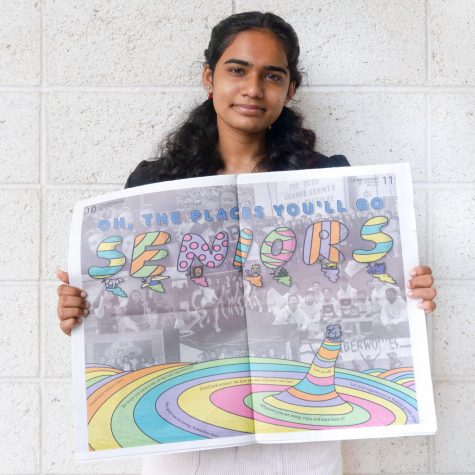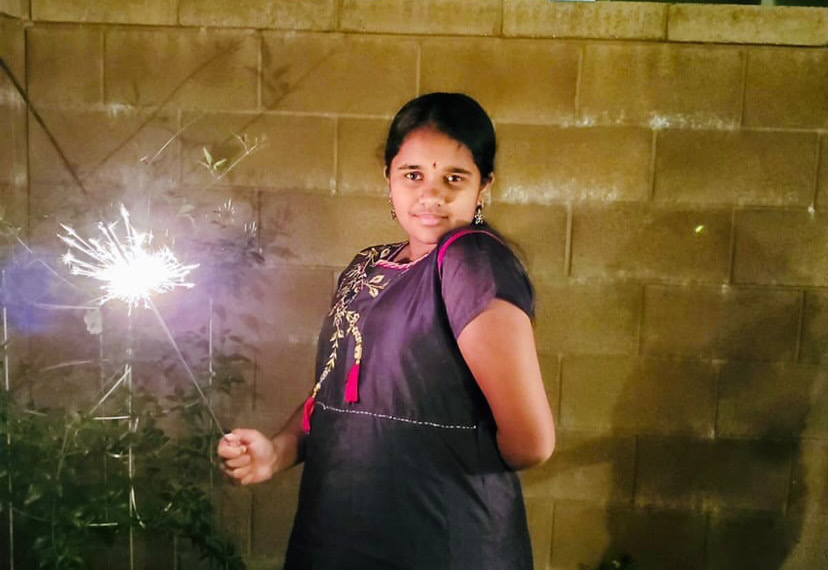The Pandemic Did Not Dim the Lights on Diwali
On a Saturday evening in mid-November, families gather outside in traditional Indian gowns and sarees, bursting fireworks and making sure the kids each get a turn to hold the sparklers. Moms distribute Indian sweets like gulab jamun among friends and families while others light candles and lamps to illuminate the house.
This is how Diwali is usually celebrated by Hindus, Sikhs, Jains and Buddhists. Yet, in the midst of the pandemic, families had to adjust their celebratory rituals to abide by safety regulations.
Commonly known as the festival of lights, Diwali is a celebration of Lord Rama’s return after being trapped in the forest for 14 years with his brother, Lakshmana, and his wife, Sita. For Hindus, it is a celebration of their return and the defeat of Ravana, a demon. However, several religions celebrate this holiday for varying reasons.
“We start the day by cleaning the house, so it’s clean when we do our rituals in the evening,” sophomore and co-president of the Indian Culture Club Yamini Goyal said. “Around five o’clock we start lighting up the candles and the diyas, which are like fancy candles, around the whole house and the outside. After we have these candles lit, we usually go to the prayer room and start our prayers, and then we go eat some Indian sweets that we got the day before.”
Many believe Diwali is a day to commemorate the prevalence of goodness over evil. People usually fill their houses with lights, deepas or clay lamps to symbolize the inner light that protects us from spiritual darkness.
“Because of COVID, we couldn’t really get firecrackers, and that’s kind of like the fun thing,” Goyal said. “So we couldn’t get them, but we had some from last year, so those are the ones we will be using, but that’s not a lot. We have parties usually, like Diwali parties or get togethers, but again, we won’t be doing that this year. We won’t be doing anything virtually but with our friends and family. We’ll be distributing sweets to them.”
Despite many challenges the pandemic posed, many families kept a positive attitude toward the regulations and continued to safely celebrate the holiday on a smaller scale.
“This holiday is important to me and my family because it is a time for celebration where we reflect on the importance of history in regards to why it is important to my family,” freshman Vismaya Sista said. “I think it is especially important because it is a day where I can honor the gods and goddesses who have shaped the way we view the world around us.”
Your donation will support the student journalists of Portola High School. Your contribution will allow us to purchase equipment and cover our annual website hosting costs.

Dheeksha Bhima Reddy is the co-Editor-in-Chief for her third and final year on the Portola Pilot. Through her newfound obsession of drinking coffee (cold...

Naila Talib is one of the Portola Pilot’s staff writers, and is so excited to be joining the crew for the first time! She is extremely grateful to be...




